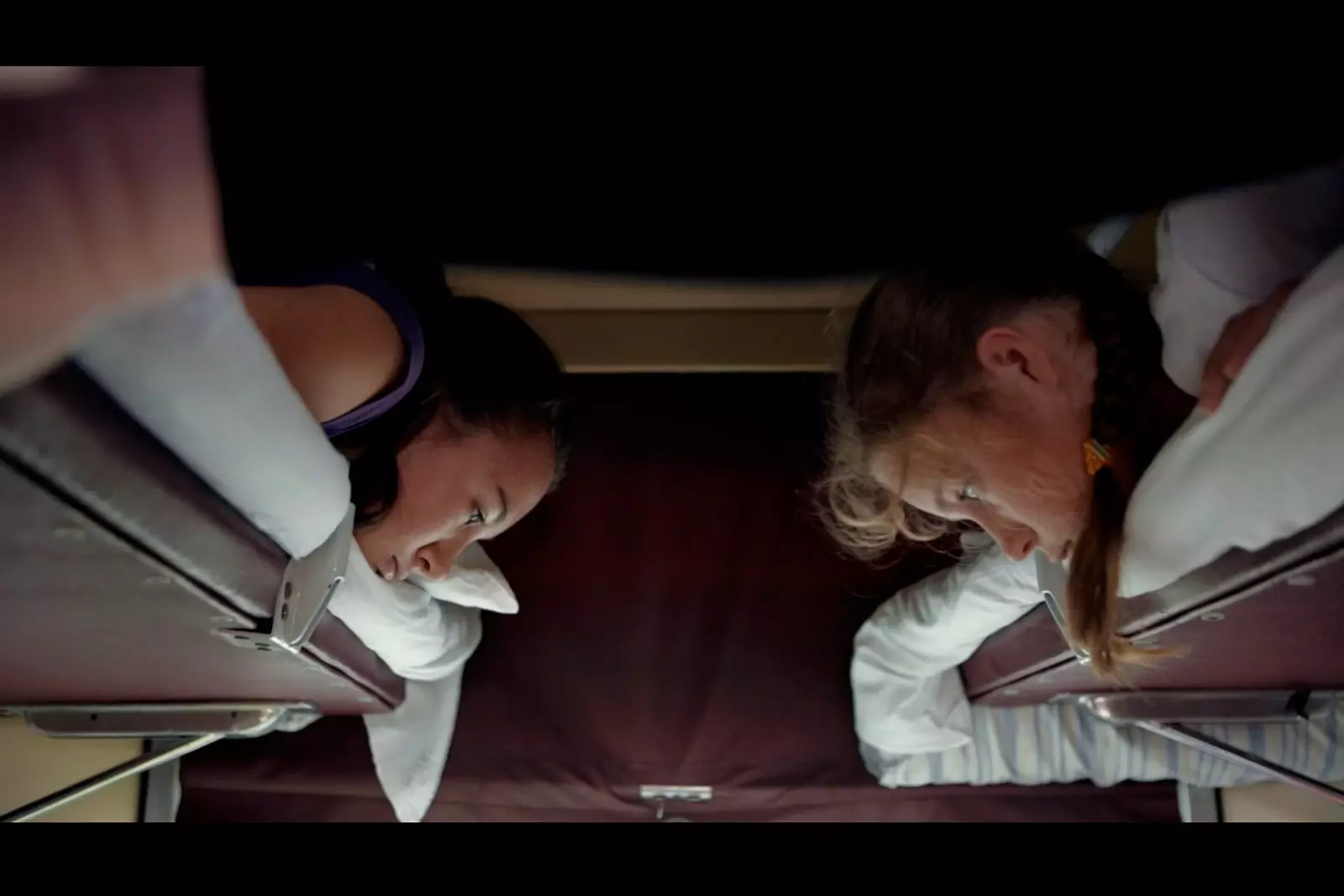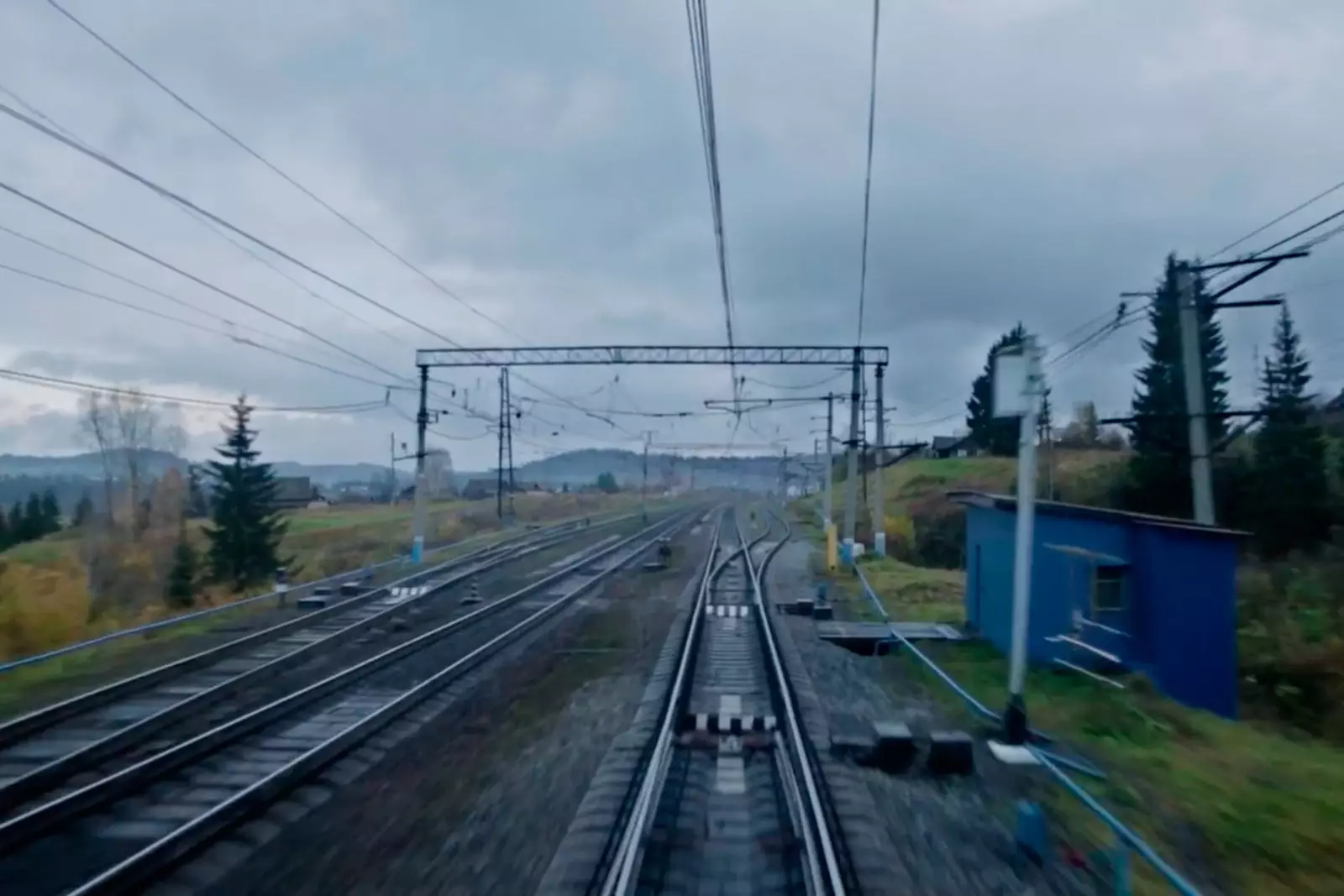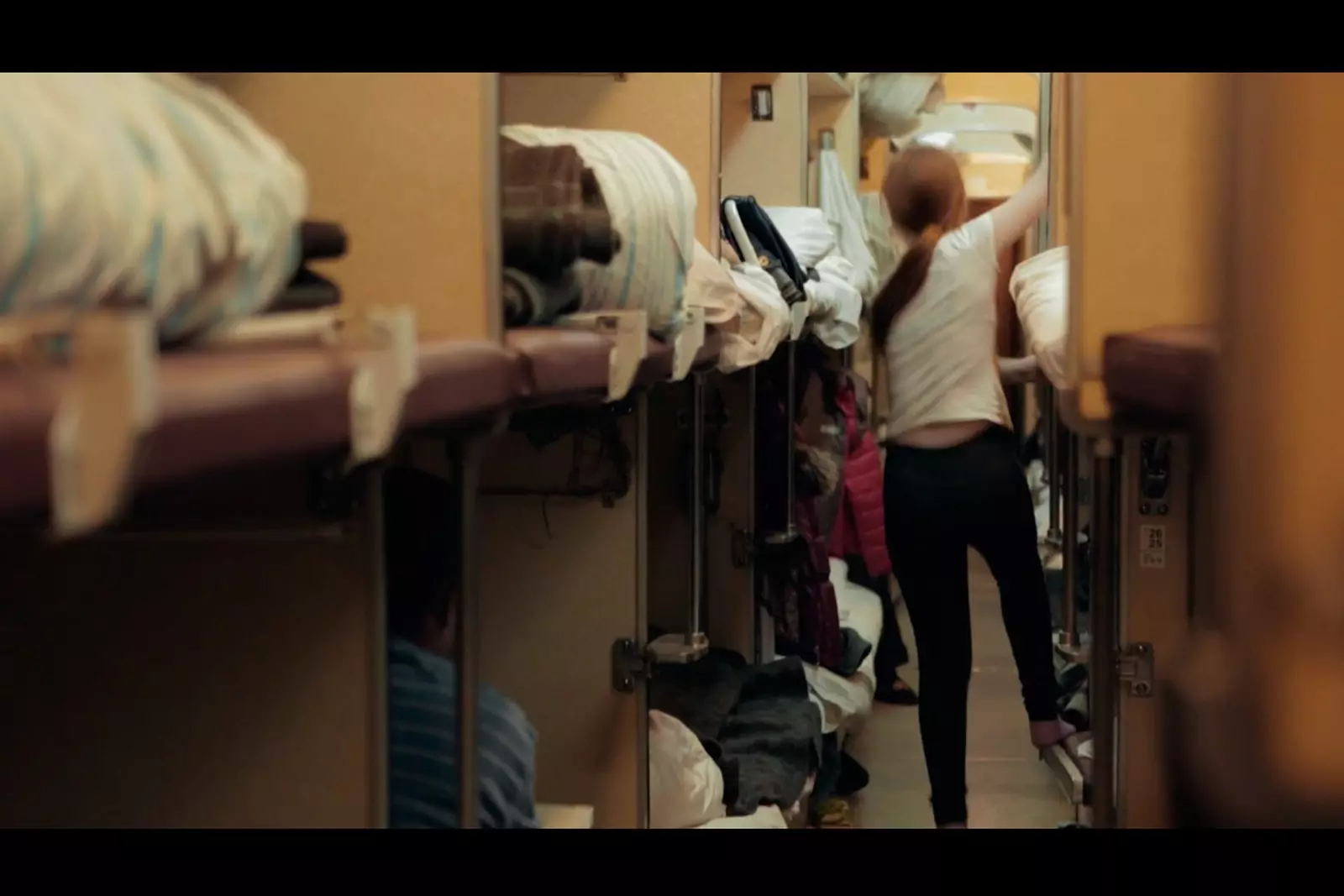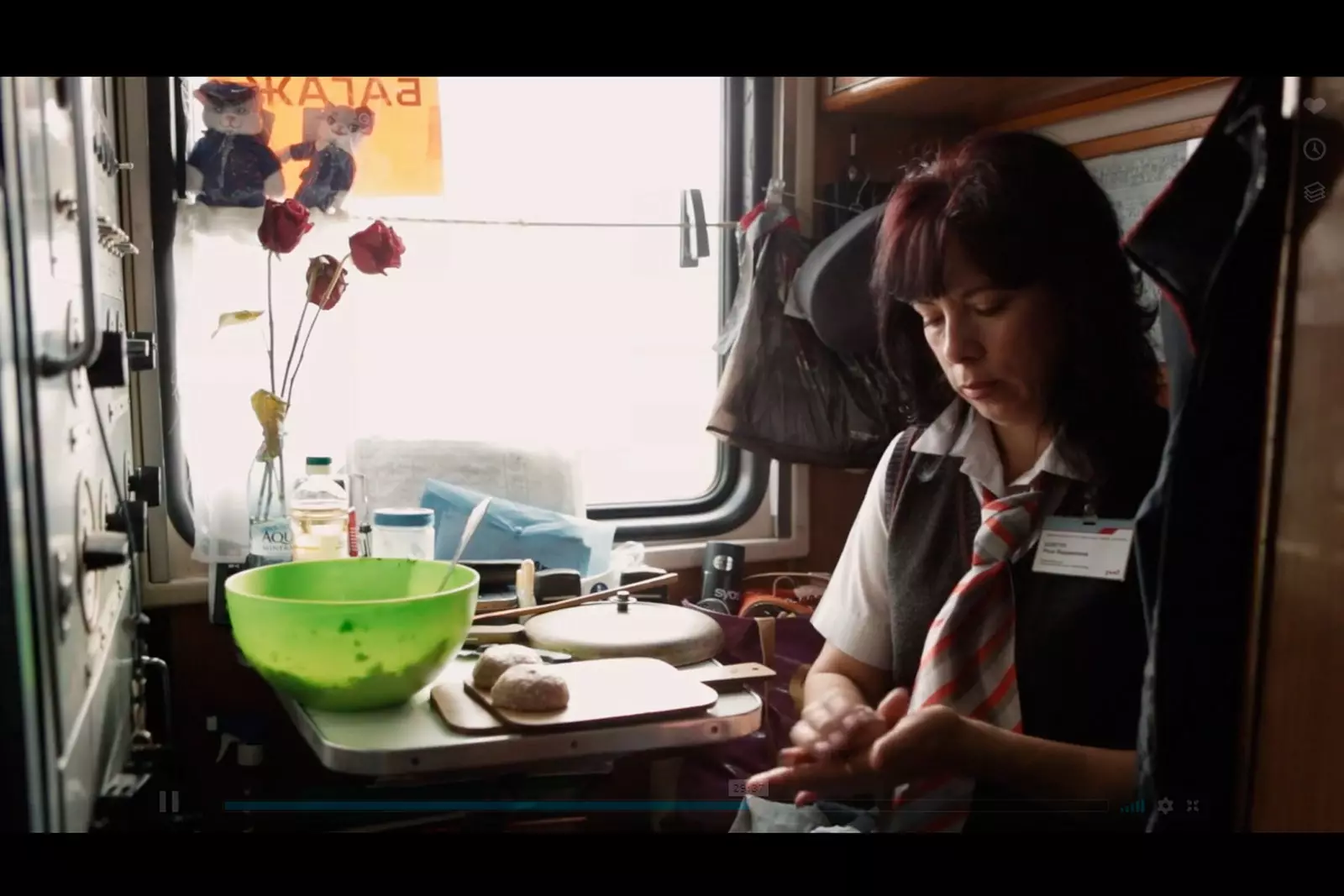
From Moscow to Beijing from a litter.
"How will the time pass?", asks one of the workers of the Vostok 20 to the passengers who do not want to take any of the magazines, newspapers or crossword puzzles that she distributes in the first and second class of the train. They just started the trip they have just left Moscow and they have five nights and six days ahead of them on that same train until they reach Beijing, in those small spaces, in which, incidentally, since last year it is forbidden to smoke or drink alcohol.
The trip can be made heavier for the third-class passengers who travel in those cars full of visible berths (54 per car), no privacy, Some talk, others play music, girls and boys jump from one bed to another, one of the checkers tries to cross it asking them to please keep it clean. She has a long way to go. There is a lot of Russia to cross, deserted landscapes, snowy landscapes and, suddenly, a house in the middle of nowhere, someone who lives there alone all year round. "This is Russia," laughs a young Russian. "There is nothing in 100 kilometers around and a guy goes and builds a house."

After Russia, it goes through Manchuria.
This is Russia and this is how the filmmaker Elisabeth Silveiro wanted to capture it from her personal distance, rocking the images outside and inside the train with poetry recited by the actress Fanny Ardant. Of a Russian mother and a Brazilian father, the director was born in that immense country, and she took that train more than once as a child to go to the sea with her mother. "It wasn't that long, it was three days of travel, but going all together, sharing food, with the guitar, has stayed with me all my life," he explains from Valencia, where this week he was presenting his film, Vostok No. 20, at the La Cabina International Medium-Length Film Festival (and can be seen on Filmin until January 30).

Such small spaces become a whole universe.
Remembering those childhood trips, she decided to take the train again to dedicate a film “to the women who work on it”. Women who leave their lives frozen every week that they embark for so long, work 12-hour shifts and rest another 12, in which they cook, eat, read and, above all, sleep.
Silveiro, with the camera and sound operator with whom she traveled, recorded these women, interviewed them, observed them in silence, but when she returned from the trip she realized that she had more material for another film: what she had really gotten out of those six days and five nights was a portrait of that Russia that she had abandoned so long ago (lives in France now) through third-class passengers, workers who travel on it not for tourism but by obligation, stay at intermediate stops or go to Beijing, share food, music, anecdotes from other trips and get off at each stop to smoke or buy dried fish, fruit...

12-hour shifts and 12-hour breaks, life on a train.
"I was afraid that things had changed on those trains, but everything remains the same," she tells her and counts when she had made her trips with her mother: “She will be 20 years old. In fact, at a screening of the film in France, a woman approached me and told me that she had been in the Vostok 20 50 years ago and was still exactly the same”.
A metaphor of that country that continues, in some way, tied to the past of its greatness, as a passenger says. "I don't understand why people leave Russia forever, I don't understand why my sister-in-law goes on vacation to Greece or Turkey, if Russia is very beautiful," she says to the camera between smiles.
The Russia that remains the same, and the Russia that is modernizing. "There are already much more modern trains that make this same route," explains Silveiro. "And maybe in 10 or 20 years this train that appears in the film will no longer exist."
